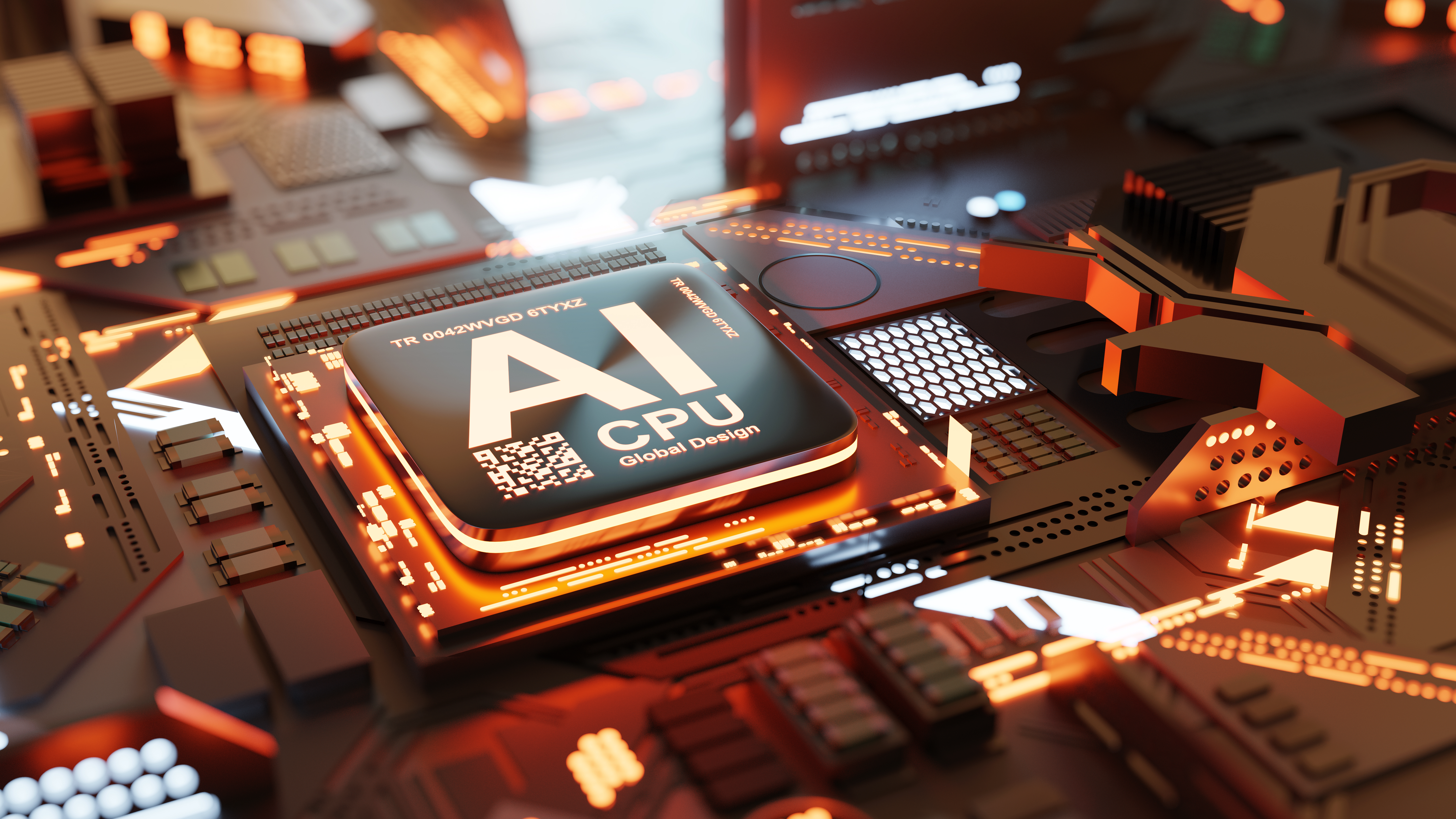Better Artificial Intelligence (AI) Stock: Nvidia vs. Broadcom
Investors are comparing the artificial intelligence (AI) capabilities of Nvidia and Broadcom to determine which stock is a better investment. Nvidia is known for its high-performance AI chips while Broadcom offers a diverse portfolio of semiconductor products. The competition between the two companies highlights the growing importance of AI technology in the stock market. Investors are closely monitoring the developments in the AI sector to make informed investment decisions.

Both Nvidia (NVDA 0.31%) and Broadcom (AVGO 2.34%) have been big beneficiaries of the huge investments in artificial intelligence (AI) hardware, which explains why the share prices of both companies shot up impressively over the past couple of years. While Nvidia stock jumped more than 280% in the past two years, Broadcom recorded healthy gains of 160% during the same period.
However, both AI stocks witnessed a substantial pullback in 2025 despite reporting solid growth in revenue and earnings. Nvidia stock retreated close to 18% this year, while Broadcom has recorded a sharper drop of almost 28%. The decline in their share prices can be attributed to the negative stock market sentiment this year arising out of the economic uncertainty created by the tariff-induced trade war. The probability of a U.S. recession has also been going up of late, which explains why investors are becoming risk-averse and are booking profits in stocks that have performed strongly in recent years.
The Case for Nvidia
Nvidia kicked off the AI revolution three years ago with its powerful data center graphics processing units (GPUs) that were used by OpenAI to train its highly popular chatbot, ChatGPT. The chip designer became the go-to supplier of AI GPUs for tech giants and governments across the globe, which resulted in a remarkable increase in the company's revenue and earnings.
Nvidia established a solid grip over the data center GPU market, controlling an astonishing 92% of this space in 2024, as per a third-party estimate. Nvidia's recent results indicate that it is unlikely to yield much ground in the data center GPU market as its latest products have become a runaway hit. The company sold $11 billion worth of its latest generation of Blackwell AI GPUs in the previous quarter.
Nvidia's rivals have been scrambling to accelerate the launch of new chips so that they can keep up. But that's easier said than done, as the chipmaker built a solid supply chain ecosystem and has a robust developer community that gives it an advantage over peers. Nvidia management pointed out that its "programmable architecture accelerates every AI model and over 4,400 applications, ensuring large infrastructure investments against obsolescence in rapidly evolving markets."
The Case for Broadcom
Broadcom doesn't compete directly with Nvidia in AI chips, as it sells application-specific integrated circuits (ASICs). These are custom processors that are designed to perform specific tasks, unlike GPUs, which are meant for general computing tasks. The specialized nature of the custom AI processors means that they can be more efficient and powerful while handling AI workloads, which is precisely the reason why Broadcom is seeing outstanding growth in its AI revenue.
Broadcom's custom AI processors and networking chips are currently used by three hyperscale cloud customers. The company sees a potential annual revenue opportunity worth $60 billion to $90 billion from these three AI customers over the next three fiscal years. Broadcom has an additional four hyperscale customers that are utilizing its designs to manufacture custom AI chips. All this indicates that Broadcom's eventual AI-related revenue opportunity could be much larger than what the company is estimating.
The Verdict
It is clear that both Nvidia and Broadcom are dominant players in their respective AI semiconductor niches, which is why they are expected to keep growing at healthy rates going forward. Investors looking to buy an AI stock right now can consider buying either Nvidia or Broadcom. In fact, they may even consider adding both these names to their portfolios as they are on track to capitalize on different but lucrative niches of the AI semiconductor market that should help them sustain their outstanding growth for years to come.

